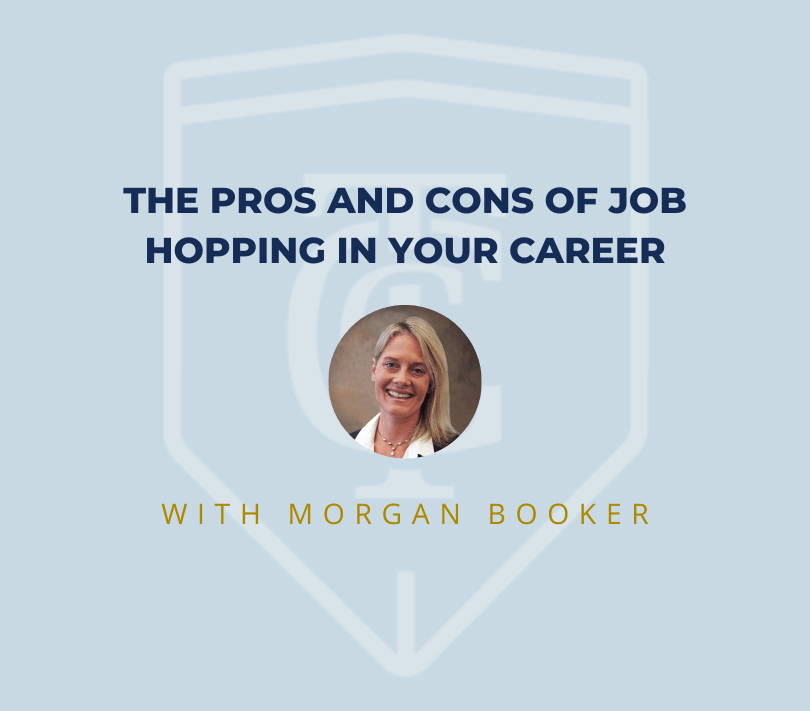
Job hopping, the practice of frequently changing jobs, is a trend that has gained traction over the past few decades. In the past, long-term employment with a single company was the norm and seen as a mark of stability and loyalty. However, in today’s dynamic job market, job hopping is increasingly common and can even be strategic. The average tenure of an employee in the United States has steadily decreased, with the median tenure at around 4.1 years as of 2020, according to the U.S. Bureau of Labor Statistics. According to data from LinkedIn and other industry reports, the average tenure for HR professionals typically ranges from 3 to 5 years. However, this can vary significantly based on factors such as the size of the company, the industry, and the specific role within the HR field.
The Benefits of Job Hopping
Career Advancement: One of the most significant benefits of job hopping is the potential for rapid career advancement. By moving from one company to another, employees often gain access to higher positions and greater responsibilities that might take years to achieve within a single organization. This can be particularly advantageous in industries where internal promotions are slow or rare.
Higher Salaries: Job hopping can also lead to substantial salary increases. Companies are often willing to pay a premium for new talent, especially if they bring specialized skills or experience. By switching jobs every few years, professionals can often negotiate higher salaries and better benefits than they would receive through annual raises at their current company.
Diverse Skill Set: Working in different roles and environments allows job hoppers to develop a diverse set of skills. Exposure to various business models, company cultures, and industry practices can make these individuals more adaptable and versatile. This breadth of experience can be a significant asset in a rapidly changing job market.
Broader Professional Network: Frequent job changes can lead to the development of a broad professional network. Building relationships with colleagues, managers, and industry professionals at multiple companies can open doors to new opportunities and provide valuable contacts for future job searches or collaborations.
The Drawbacks of Job Hopping
Perceived Lack of Loyalty: Employers may view job hoppers as less loyal or committed, which can be a disadvantage when seeking new positions. Companies invest time and resources in training new employees, and frequent moves may raise concerns about the likelihood of long-term retention.
Risk of Unemployment: Job hopping can sometimes result in periods of unemployment, especially if a new job search takes longer than expected. This can create financial instability and gaps in a resume that may be viewed unfavorably by potential employers.
Limited Depth of Experience: While job hoppers gain a broad range of experiences, they may lack the deep expertise that comes from long-term involvement in a single company or project. This can be a disadvantage in roles that require in-depth knowledge or long-term strategic planning.
Adjustment Periods: Each new job requires a period of adjustment and learning. Frequent job changes mean repeated onboarding processes, adapting to new corporate cultures, and building new relationships, which can be stressful and time-consuming.
Impact on Recruiters
Job hopping has notable implications for recruiters as they search for candidates.
Screening and Evaluation: Recruiters often need to assess the stability and reliability of candidates. A resume filled with short tenures may raise red flags and lead recruiters to question a candidate’s commitment and reliability. They may spend extra time scrutinizing job hoppers’ resumes to understand the reasons for frequent changes and whether they align with the needs of the organization.
Skill Assessment: On the positive side, recruiters may find that job hoppers bring a diverse skill set and fresh perspectives. Candidates with varied experiences can contribute innovative ideas and practices from different industries. As a result, some recruiters actively seek out job hoppers, especially in industries that value agility and adaptability.
Company Culture Fit: Recruiters may also consider how a candidate’s job-hopping behavior fits with the company culture. For example, a startup may value the flexibility and broad experiences that job hoppers offer, while a more traditional corporation might prefer candidates with a stable employment history. Recruiters often assess not only skills but also whether a candidate’s history indicates a good fit for the company’s long-term goals.
Long-Term Potential: Recruiters often weigh the potential long-term value of job hoppers against the risk of further job changes. If a candidate has a history of moving frequently, recruiters may question their potential for longevity in the position. Consequently, many recruiters are looking for indications that candidates have reasons for their past moves that demonstrate growth, adaptability, and a clear career trajectory.
Job hopping can be a double-edged sword. It offers the potential for rapid career advancement, higher salaries, and a diverse skill set but also carries risks such as perceived lack of loyalty, potential unemployment, and limited depth of experience. The decreasing average tenure of employees suggests a shifting attitude towards job stability and loyalty, making job hopping more common and accepted. Additionally, the impact of job hopping on recruiters complicates the hiring landscape, where the nuances of a candidate’s history are carefully evaluated. Whether job hopping is the right strategy for you depends on your career goals, industry, and personal circumstances. By carefully weighing the pros and cons, you can make informed decisions that align with your long-term career objectives.
About Morgan Booker
 Morgan has over 18 years of Talent Acquisition, Employee Relations, and Human Resource Business Partner experience. She joined The Christopher Group in 2022 as a Recruiting Manager and has since been promoted to Recruiting Director. Morgan’s focus is partnering with executive Human Resources candidates across the United States to fill Human Resources executive roles. To learn more about Morgan visit her bio page.
Morgan has over 18 years of Talent Acquisition, Employee Relations, and Human Resource Business Partner experience. She joined The Christopher Group in 2022 as a Recruiting Manager and has since been promoted to Recruiting Director. Morgan’s focus is partnering with executive Human Resources candidates across the United States to fill Human Resources executive roles. To learn more about Morgan visit her bio page.

